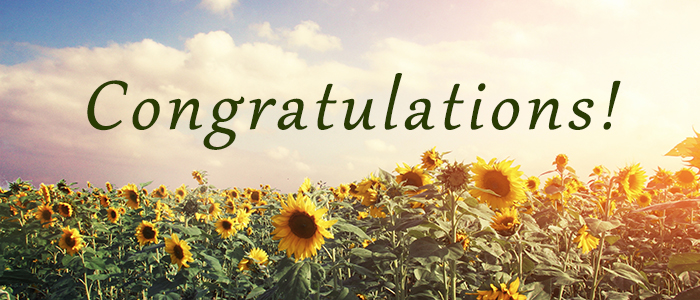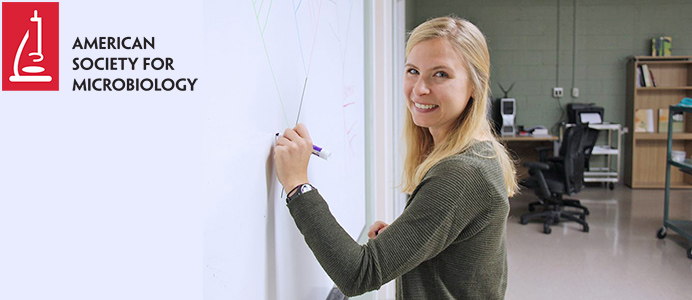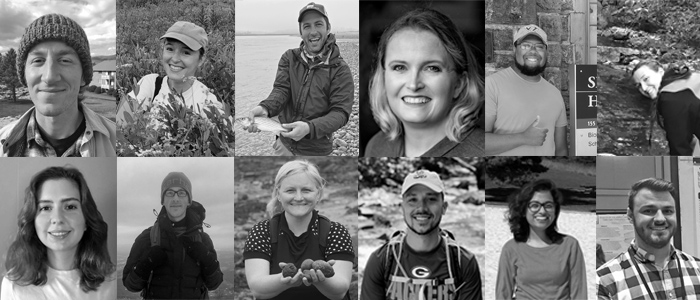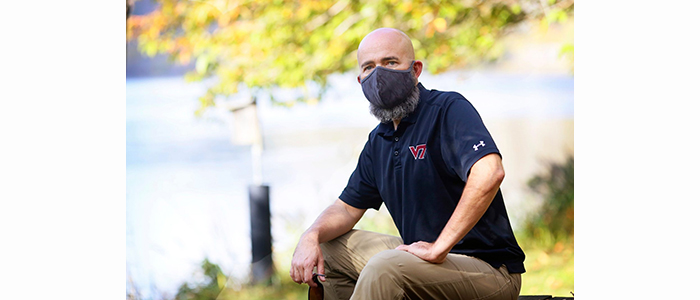[vc_row][vc_column][vc_single_image image=”60678″ img_size=”full”][vc_column_text]
February 16, 2022
The Global Change Center Science Policy Fellowship program resumes this year to award three undergraduate students a fully-funded opportunity to participate in the Washington Semester Program during summer semester 2022! To date, the GCC Science Policy Fellowship program has supported ten students’ experiences to learn first-hand how science and research translate to policy action in our nation’s capital.[/vc_column_text][vc_row_inner][vc_column_inner width=”1/3″][vc_column_text]
Carolina Bell
Biological Sciences
[/vc_column_text][vc_single_image image=”60574″ img_size=”300×400″ alignment=”center” style=”vc_box_border”][vc_column_text]
“The opportunity to gain real-world experience with science policy will help me to develop my career path post-undergrad.”
[/vc_column_text][vc_column_text css=”.vc_custom_1645312164775{margin-top: -2px !important;}”]
Carolina is a junior majoring in Biological Sciences with a minor in Diversity and Community Engagement. With aspirations to improve equity in the healthcare, STEM fields and public policy, Carolina hopes to partner with a non-profit organization or health agency for her internship in DC this summer. During her undergraduate career at VT, she’s served as the director of Women’s Advocacy on the Panhellenic Executive Council, as an At-Large Representative of the Student Government Association, and currently as president of the United Feminist Movement.[/vc_column_text][/vc_column_inner][vc_column_inner width=”1/3″][vc_column_text]
Erica Jones
Biological Sciences
[/vc_column_text][vc_single_image image=”60537″ img_size=”300×400″ alignment=”center” style=”vc_box_border”][vc_column_text]
“By participating in the Washington Semester program, I aim to develop new skills within public policy to make the world a better place to live, grow, and prosper for future generations.”
[/vc_column_text][vc_column_text]Erica is a junior majoring in Biological Sciences with minors in Medicine and Society and Interdisciplinary Engineering and Science. Working as a research assistant in the Translational Plant Sciences graduate lab with Dr. David Haak, Erica has gained valuable knowledge in the fields of plant genetics and computational biology. She is motivated to advance the future of agriculture and genetic engineering capabilities to inform policy decisions that will improve the human condition on earth, and also expand our horizon for agriculture in space. Erica currently serves as a senior mentor within the Orion Learning Community on campus, providing guidance to incoming students and organizing activities for the program.[/vc_column_text][/vc_column_inner][vc_column_inner width=”1/3″][vc_column_text]
Emily Mulcahy
Biological Sciences
[/vc_column_text][vc_single_image image=”60561″ img_size=”300×400″ alignment=”center” style=”vc_box_border”][vc_column_text]
“I’m very enthusiastic about the fellowship and excited to get an inside look on the processes used to develop solutions that aim to preserve the environment now and for future generations.”
[/vc_column_text][vc_column_text]Emily is a sophomore majoring in Biological Sciences on the Ecology, Evolution, and Behavior track with two minors in Wetland Science and Green Engineering. She is passionate about the responsible stewardship of ecosystems and natural resources, and eager to learn how research and science can positively impact the environmental policy realm. She has served as a student leader and mentor within the Meraki Living Learning Community, and is a current activist in Active Minds, demonstrating her commitment to creating a supportive culture and resources to enhance personal well-being for students at VT.[/vc_column_text][/vc_column_inner][/vc_row_inner][vc_separator][vc_column_text]The School of Public and International Affairs (SPIA) at Virginia Tech offers the Washington Semester Program to all undergraduate students, regardless of major. The program provides a unique 11-week immersion into work experience within the nation’s capital. Students work on challenging science policy issues that shape communities locally and nationally while obtaining academic credit.
The Global Change Center (GCC) offers competitive fellowships to undergraduate students to cover the cost of in-state tuition, housing and fees to attend the Washington Semester Program. You can read more about this program here.[/vc_column_text][vc_separator style=”shadow”][/vc_column][/vc_row][vc_row][vc_column][/vc_column][/vc_row]







